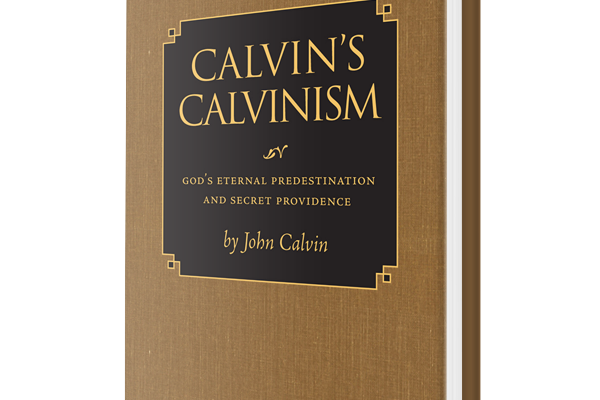Your cart is empty now.
“Let those roar at us who will”
This treatise presents Calvin’s mature thoughts on two important doctrines: predestination and providence. In this second edition from the RFPA these related topics are placed together, the way Calvin himself addressed them in his original.
Also included in this edition:
—Calvin's response to a former friend who wrote against the treatise
“Let those roar at us who will. We will ever brighten forth with all our power of language the doctrine that we hold concerning the free election of God, since it is only by it that the faithful can understand how great that goodness of God is that effectually called them to salvation.”—John Calvin











